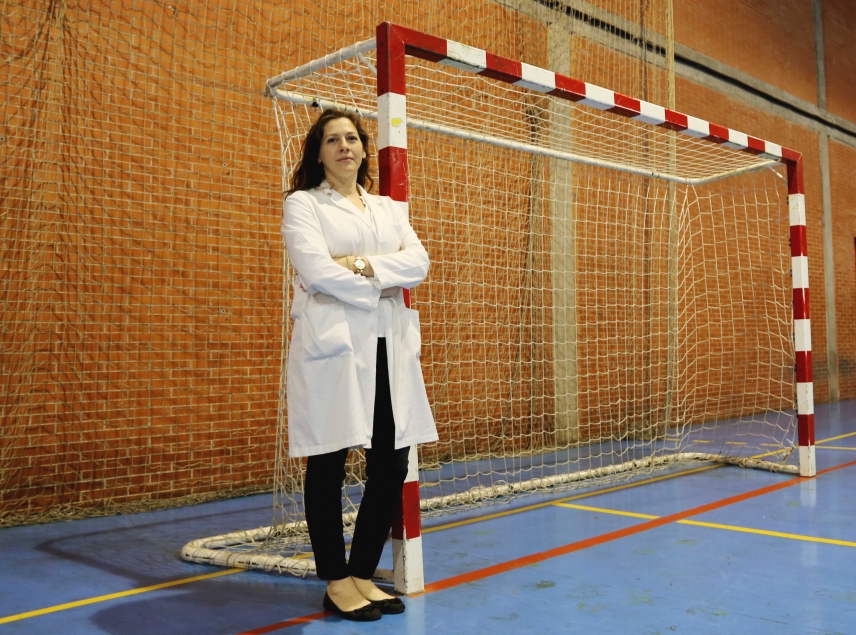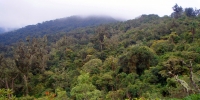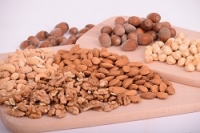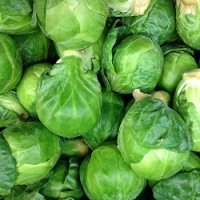Bullying evolves with age and proves difficult to escape from
Escrito por UCC+iAn international team from the Universities of Cordoba, Cambridge and Zurich conducted a study on bullying roles among peers. Children who are involved in bullying at age 11, may remain involved throughout their entire adolescence
Bullying is a harmful antisocial behavior present in schools all over the world. Involvement in bullying, as either perpetrators or victims, have serious short-term and long-term consequences for all the members of the school community, family and society in general, causing future problems related to depression and difficulty with social relationships. Moreover, studies on bullying link it to drug use and even offending.
Research out of the University of Cordoba reveals a negative correlation between excessive physical exercise and male reproductive health
The idea that physical exercise is good for you is widespread and established upon an irrefutable foundation. Nevertheless, exercising also has its risks, contraindications and side effects that cause it to be in the running for threatening species’ perpetuation. Can exercise kill? No, but it can cause semen quality to deriorate significantly.
Silvicultural treatments can increase the capacity to absorb carbon in forests
Escrito por UCC+iThe Department of Forest Engineering at the University of Cordoba used LiDAR (Light Detection and Ranging) technology to plan Aleppo pine replanting in search of the highest absorption of carbon
The current importance of climate change has turned carbon sequestration into the focus of strategies aimed at reducing the concentration of CO2 in the atomosphere. Given their role as sinks for natural carbon, forest ecosystems can be allies in environmental sustainability. However, the challenge in research lies in increasing the “sequestration power” of these ecosystems.
Researchers at the University of Cordoba and Nova University in Portugal have replicated five medieval inks using 15th and 16th century recipes
The fact that historical archives, libraries, museums, writing workshops and even monasteries, currently conserve medieval manuscripts is not only a question of heroes or ordinary people who went through the trouble to save them, passing them down from one generation to the next, or who hid them so they would not be destroyed. The materials used to write and draw upon paper were crucial so that surviving written texts can be read, translated and interpreted nowadays.
A University of Cordoba research team is able to manufacture electric car batteries with this raw material and increase their travel range by 60%
Climate change is a reality and its consequences are becoming evermore evident. Governments of the main world countries are taking measures to tackle this problem. One of the most controversial aspects stemming from this problem is the possible future prohibition of vehicles powered by fossil fuels. Last November, the Spanish government proposed ending the sale of cars and commercial vehicles running on gas, diesel, and natural gas as well as hybrids after 2040. This initiative has already been raised in countries such as the United Kingdom and France. This annoucement by the executive government is expressed in the future Climate Change and Environmental Transition Law, which will contribute to Spain being able to fulfill its international commitments against global warming.
An international team has identified the genes that make these plants resistant to the pathogen that attacks crops belonging to the cabbage family all over the world
From Brussels, China or Milan. "Surnames" aside, cabbages are grown nowadays all over the world. Like them, many other plants from the Brassicaceae family such as cauliflower, broccoli, cabbage and even mustard -yes, strange as it may seem and though their tastes are very different, a Brussels sprout and a mustard seed belong to the same family- have a common enemy: white rust, or at least one kind of white rust. Specifically, cabbages are threatened by a disease caused by a pathogen called Albugo candida, which acts exactly like a fungus, though it is not actually a fungus. That is to say, it spreads under the right conditions of humidity and temperature and eats up the nutrients of the plants it attacks.







